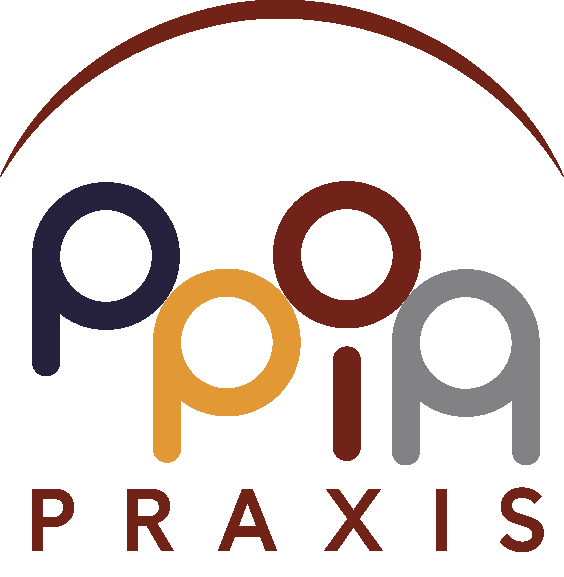


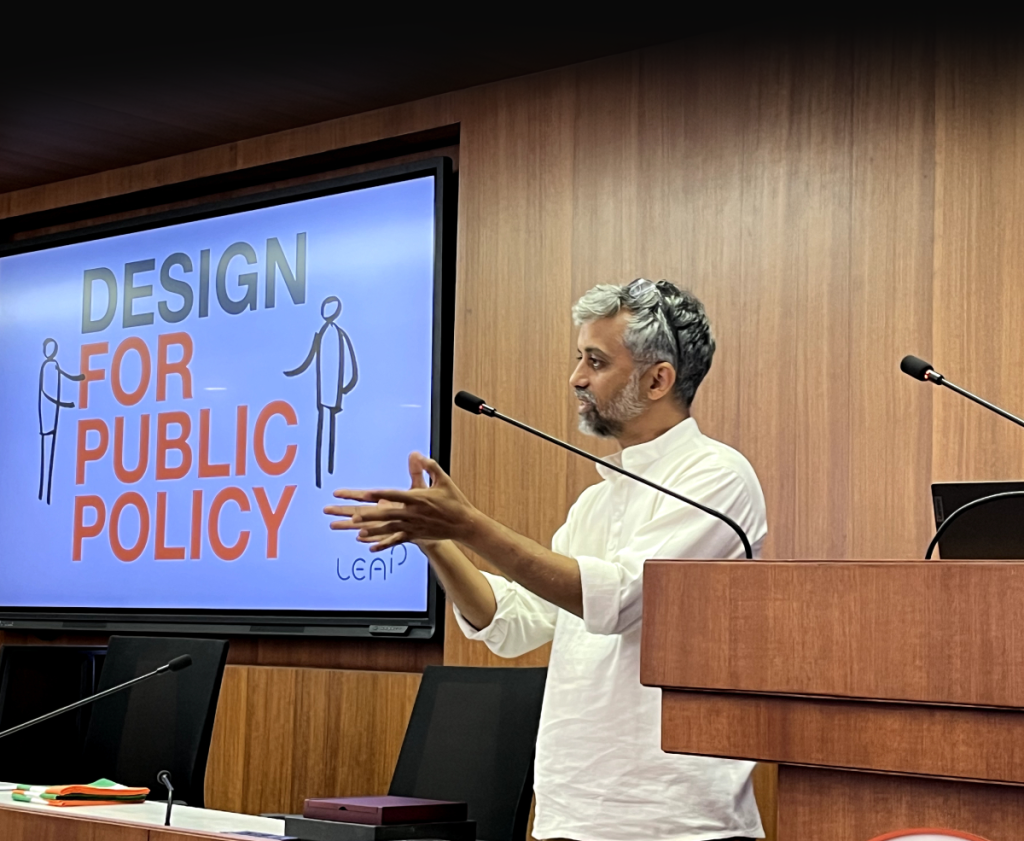
The Programme in Public Policy Management is a two-year, practice-embedded programme hosted by the Centre for Public Policy Management—a collaborative initiative of Hindu College, University of Delhi and Transform Rural India. Designed as an alternative model of public policy education, the programme advances a new paradigm that treats India’s democratic governance and development experience as a foundation for policy learning and innovation. Through a globally benchmarked, India-rooted curriculum and full-time Praxis Residency inside public systems, it reimagines how public policy is taught, learned, and practiced.


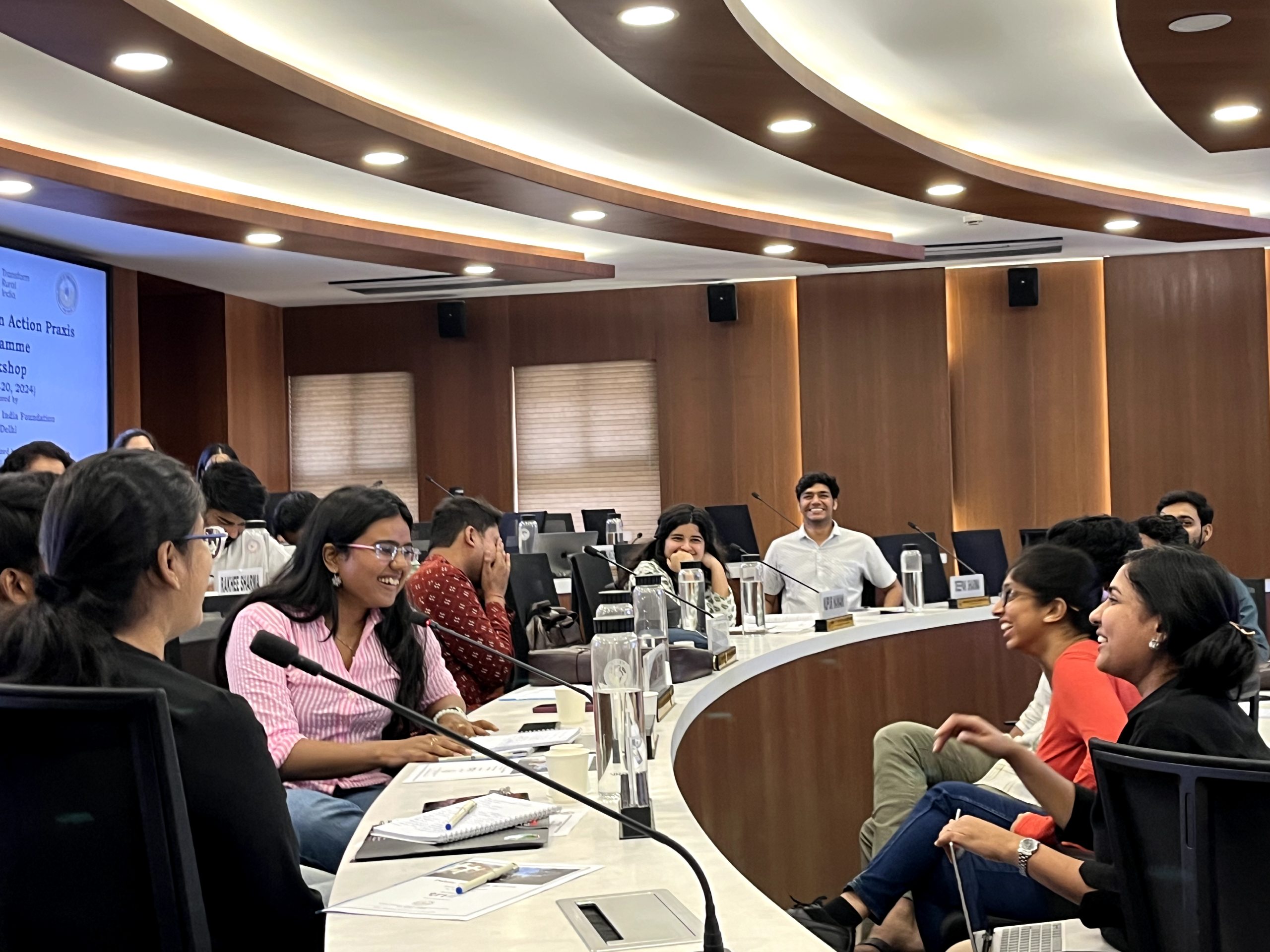

The programme fee covers academic services, administrative costs and field-based residency costs, workshops and institutional support.
Scholarships and living stipends are available for selected learners.


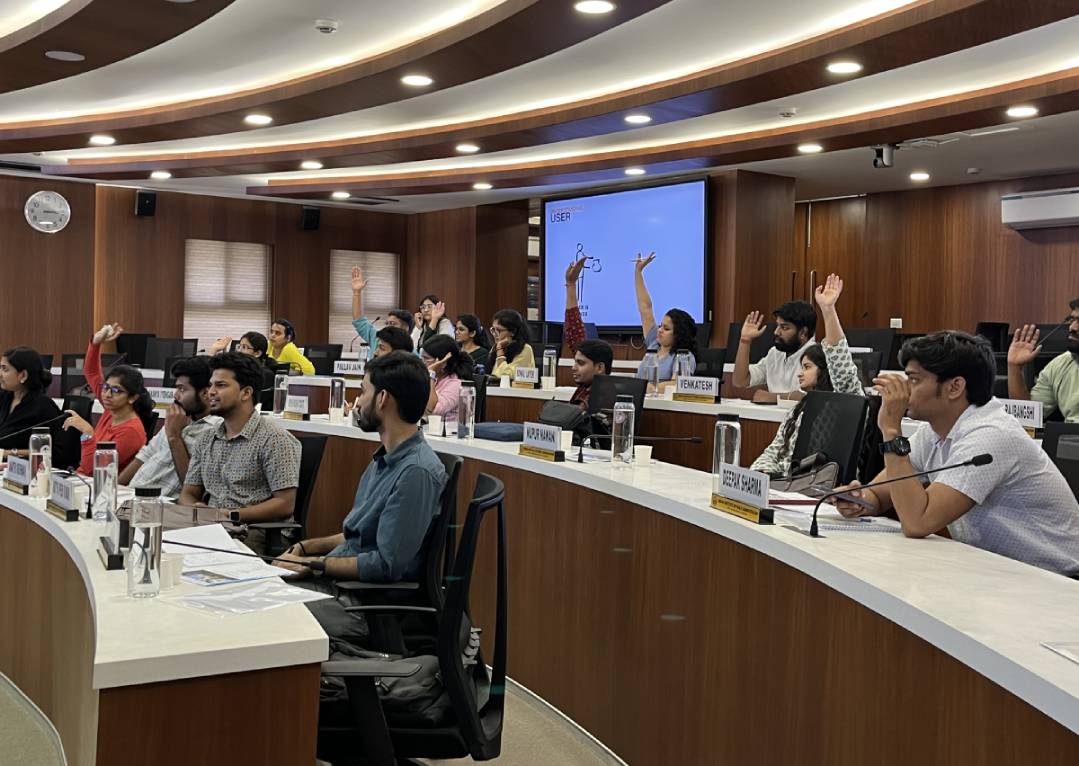
The programme fee covers academic services, administrative costs and field-based residency costs, workshops and institutional support.
Scholarships and living stipends are available for selected learners.
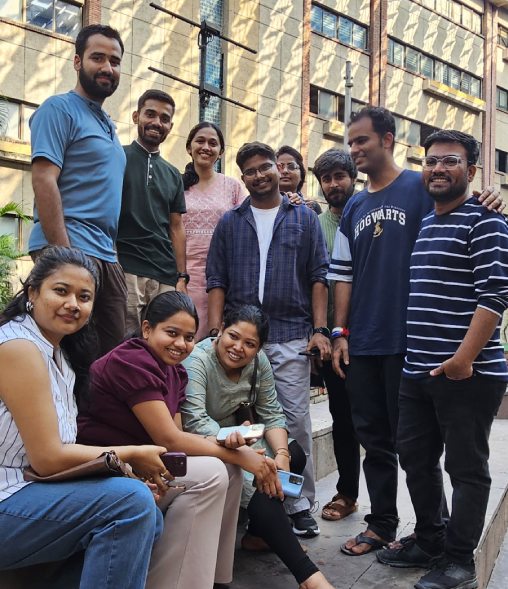
Driving a larger impact on key government frameworks with a clear outcome framework.
Enabling people within the public administration to develop new capacities to overcome vulnerabilities and complexities of public systems.
Nurturing diverse, and intersectional perspectives by building a lasting relationship with marginalised communities and ensuring that nobody’s left behind.
Embodying a pursuit of excellence with high degree of integrity, professionalism, and acoountability to all stakeholders involved.
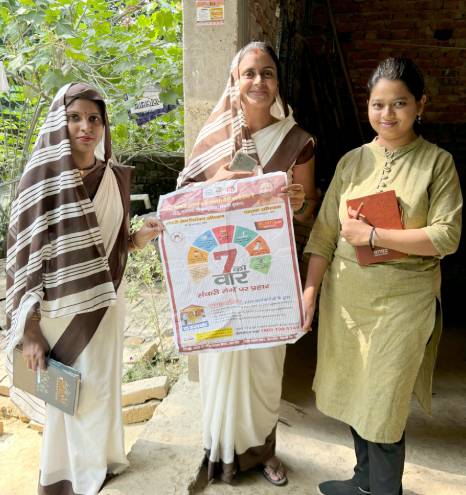
A highly effective public administration has the power to transform the lives of the most marginalised communities in rural India. Public Policy in Action allows for strengthening public service delivery to the last mile in complex, vulnerable, and resource-constrained geographies.
Praxis is the method towards actualisation and reformation. The unique approach involves drawing together academic insights, practical expertise and evidence to create a meaningful platform for continuous and dynamic interactions where research leads to practical implementation.
Similar to a medical residency, the core of the programme lies in the placement of learners within the district administration. This provides a unique leverage for the learner, who is able to exercise leadership while being co-located within public administration, with and without a position of authority.

A highly effective public administration has the power to transform the lives of the most marginalised communities in rural India. Public Policy in Action (PPiA) allows for strengthening public service delivery in resource-constrained geographies while appreciating the complexities and vulnerabilities of the public system.
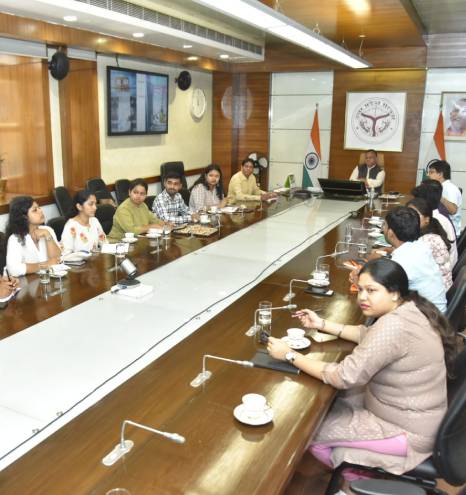
Praxis is the method towards actualisation and reformation. A commitment from the learner to apply public policy theories and academic frameworks to their real-life experiences within the public administration. Praxis is the pursuit of excellence as a public policy professional.
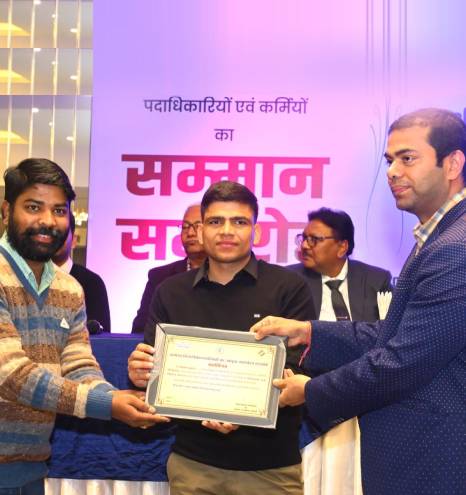
Similar to a medical residency, the core of the programme lies in the placement of learners within the district administration. This provides a unique leverage for the learner, who is able to exercise leadership while being co-located within public administration, with and without a position of authority.

A two-year programme embedded inside development administration working alongside public administrators, frontline workers and the communities that the policy serves.
Ronald Heifetz’s Adaptive Leadership framework, which equips you to tackle complex challenges where solutions aren’t known, unlike in technical problems.
Curriculum curated by global faculty (faculty page hyperlink) with the best of India’s public policy practitioners, with an epistemological reorientation focusing on India’s public systems.

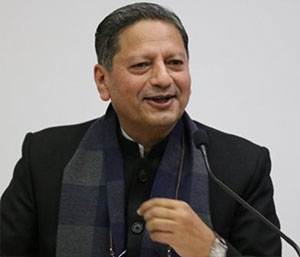

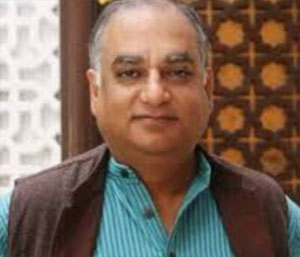
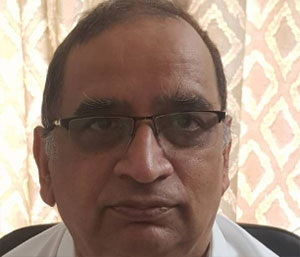

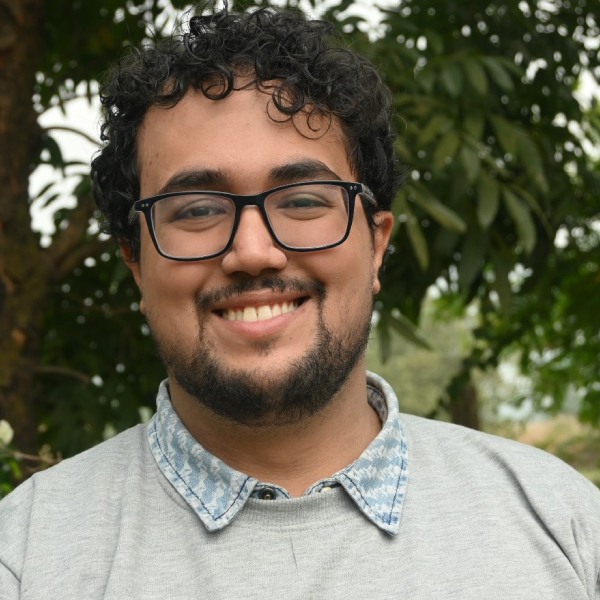

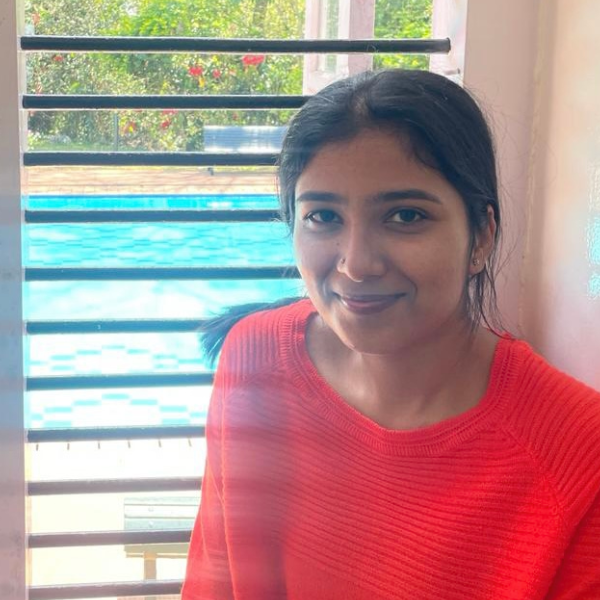
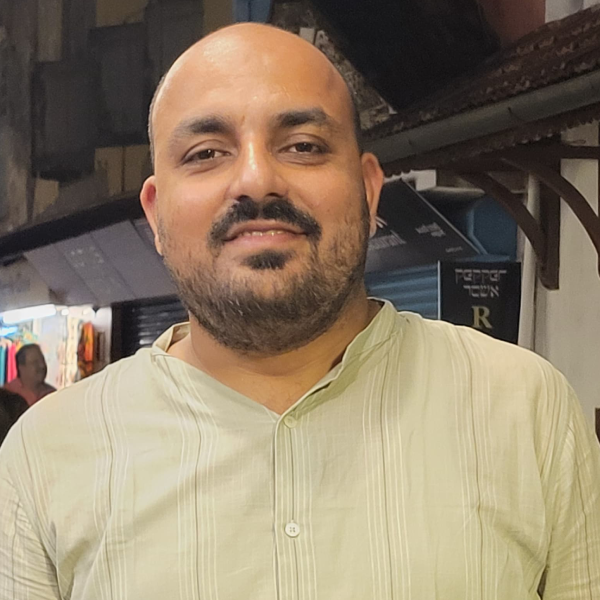
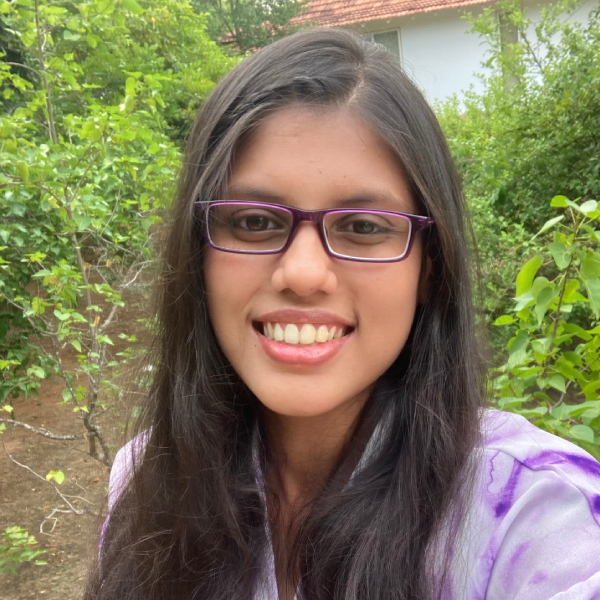
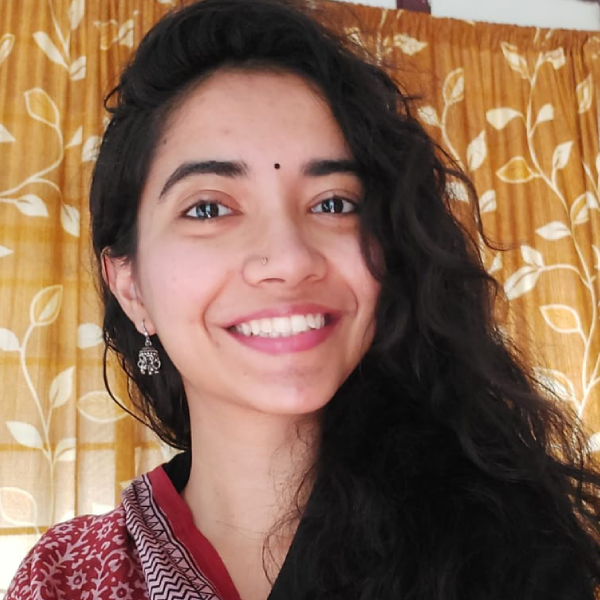
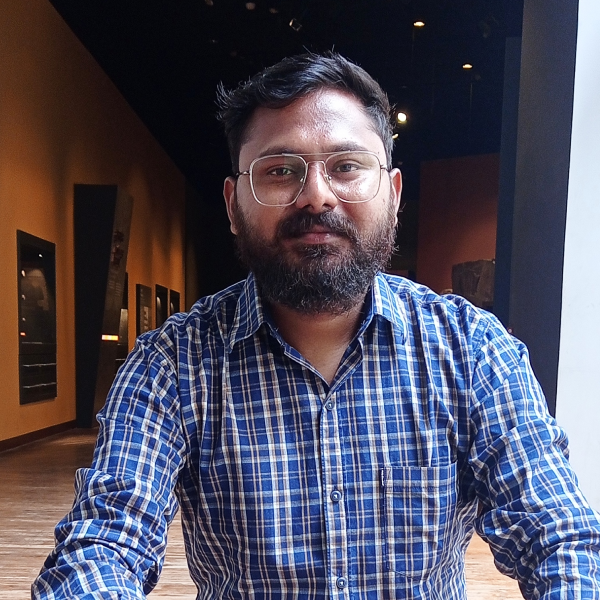




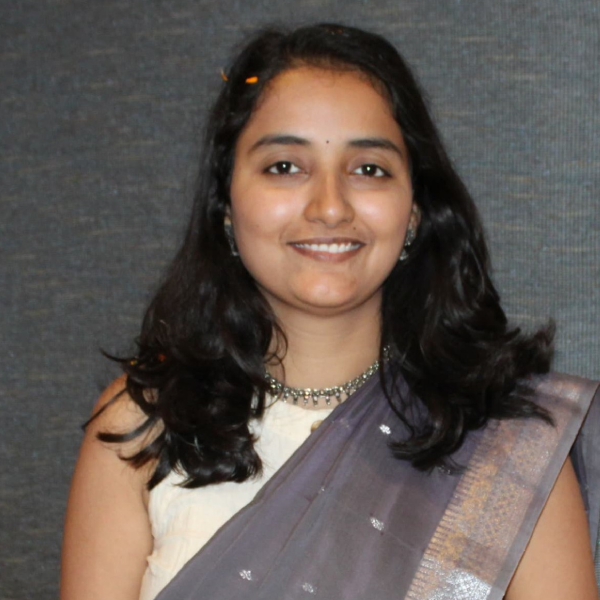
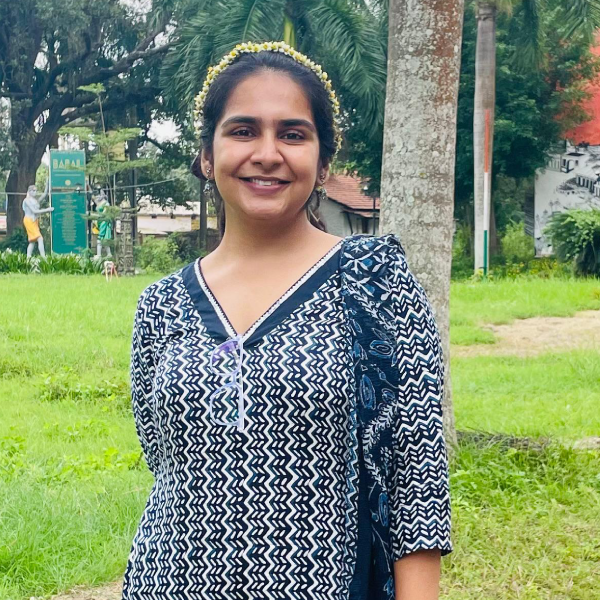
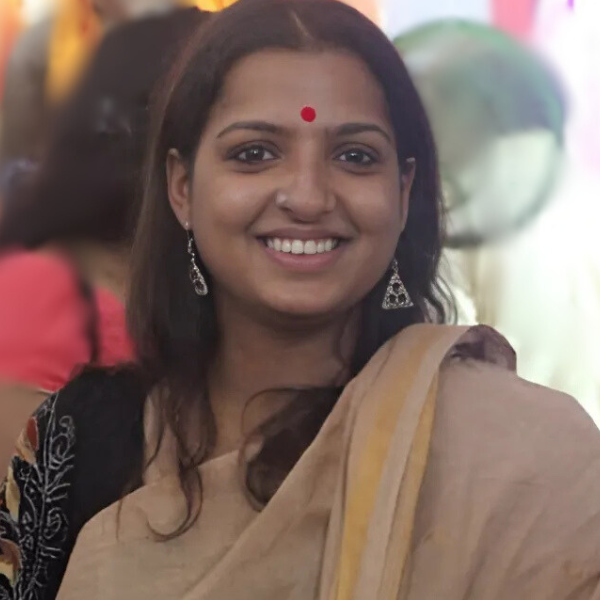


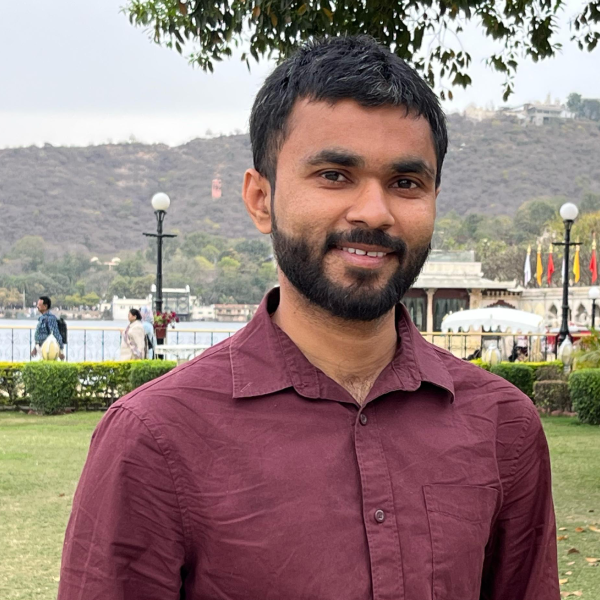
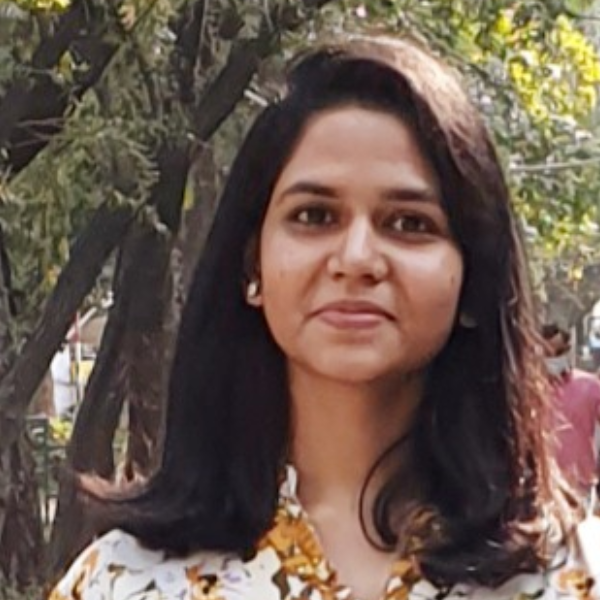
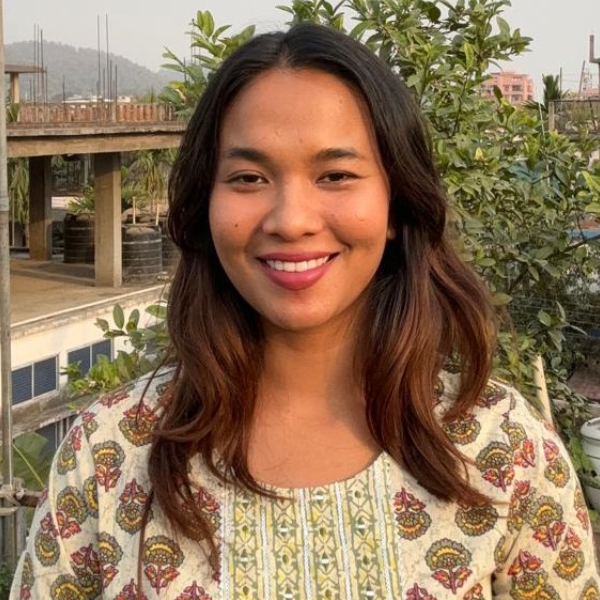
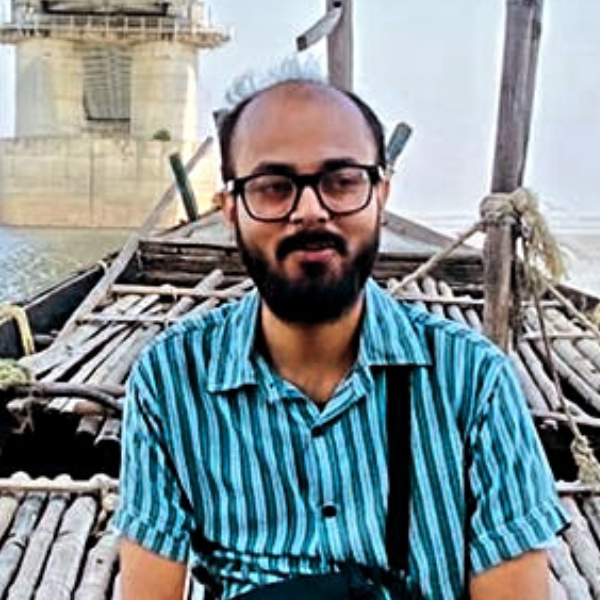

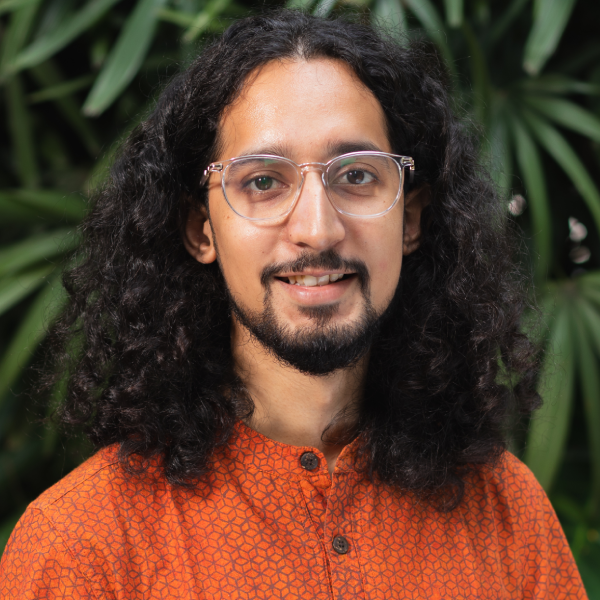
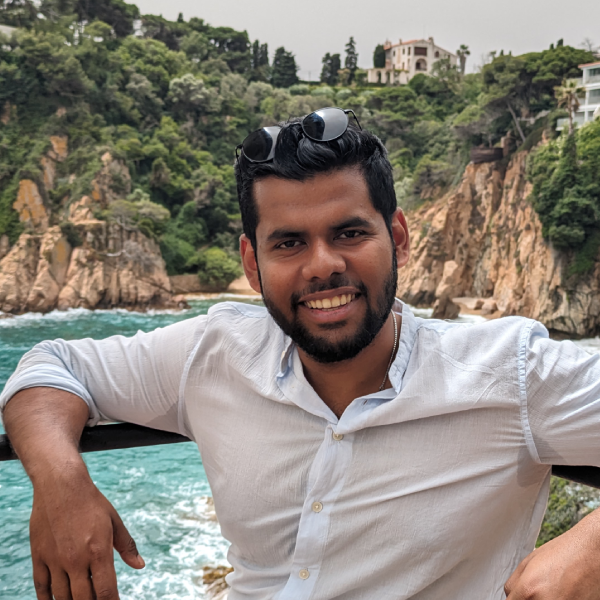
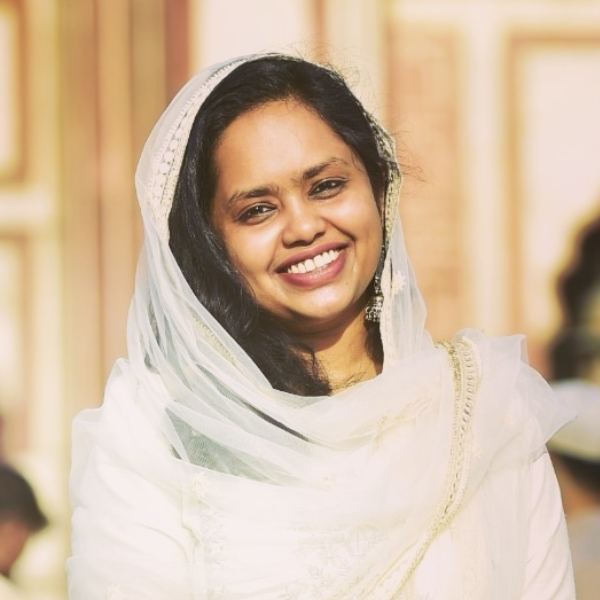
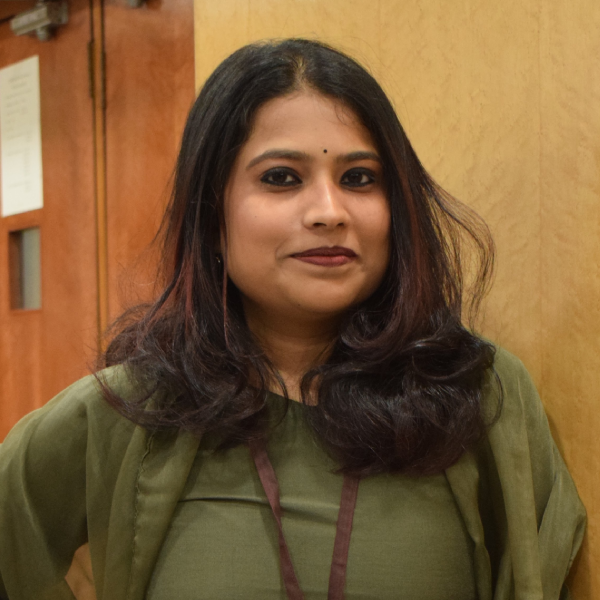
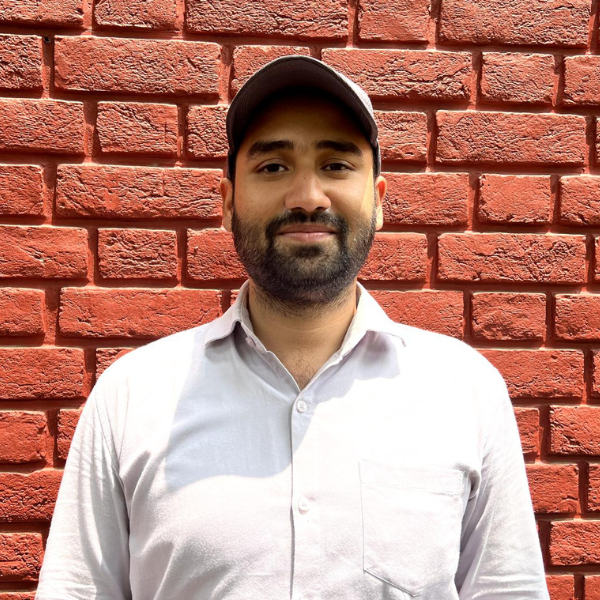
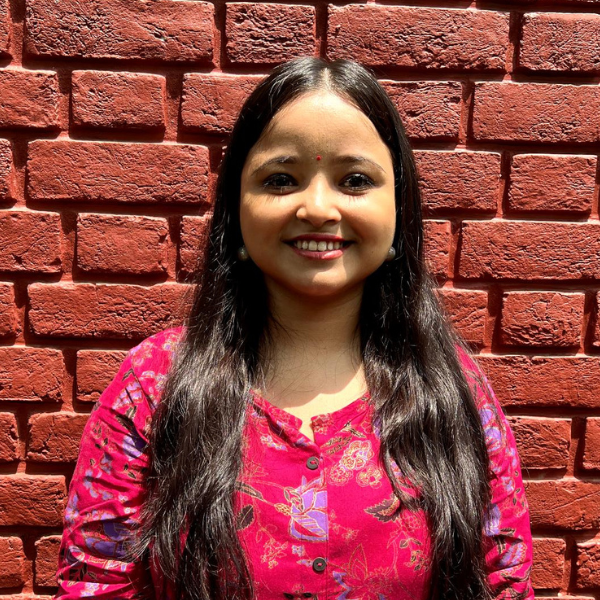
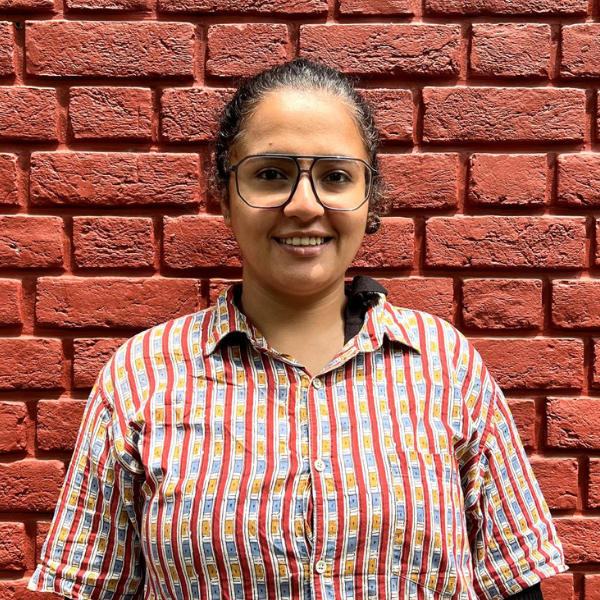
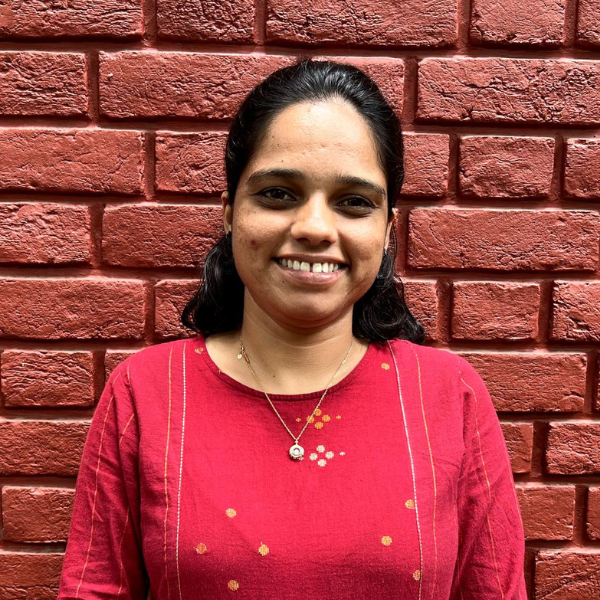
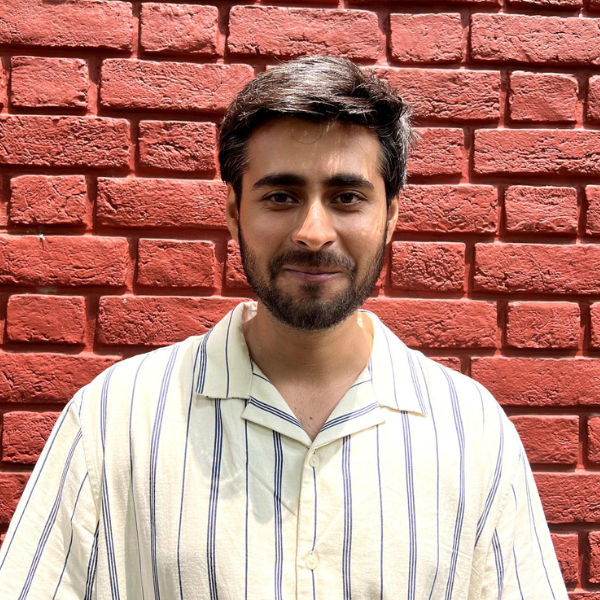
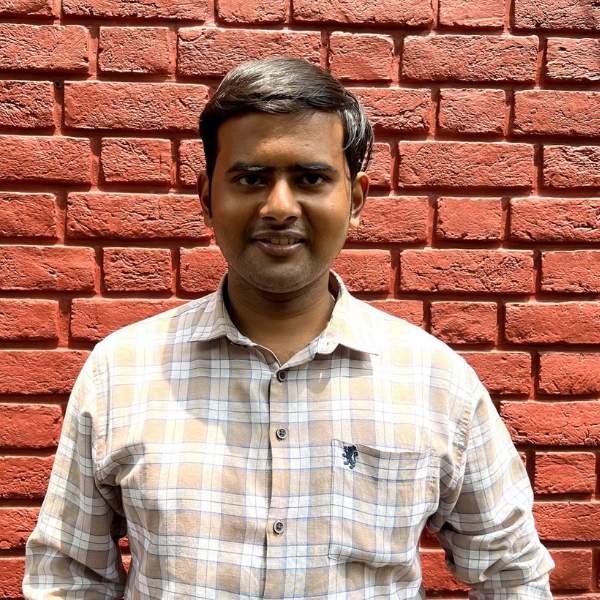
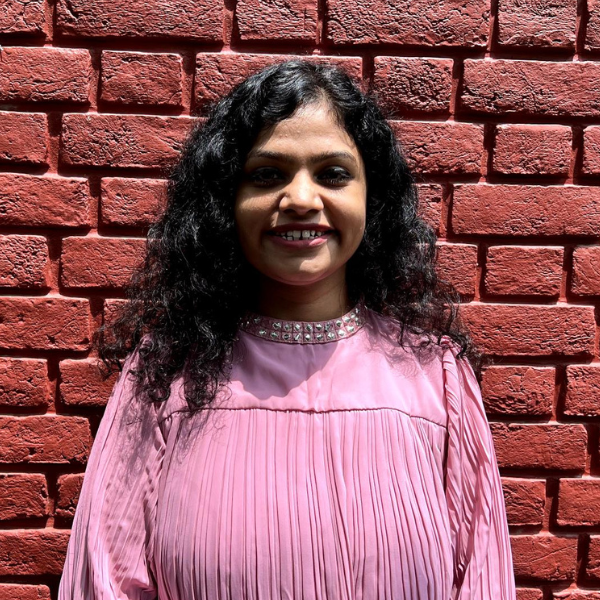
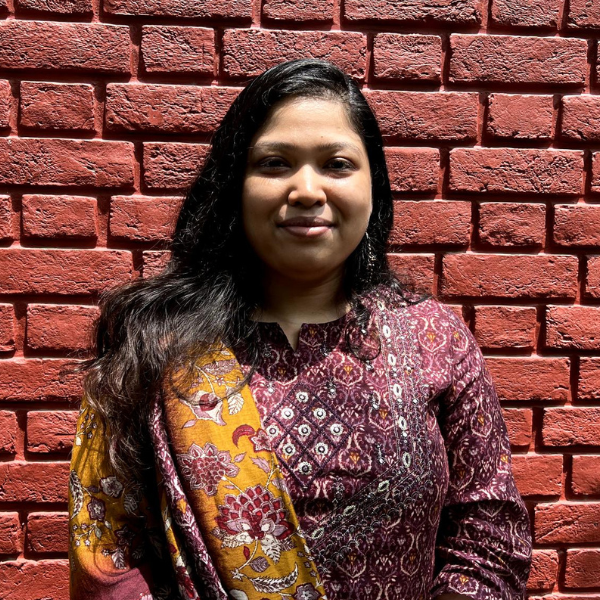
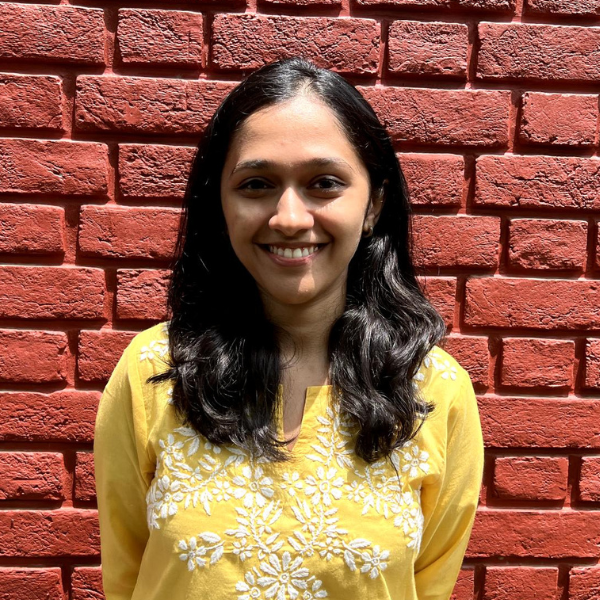
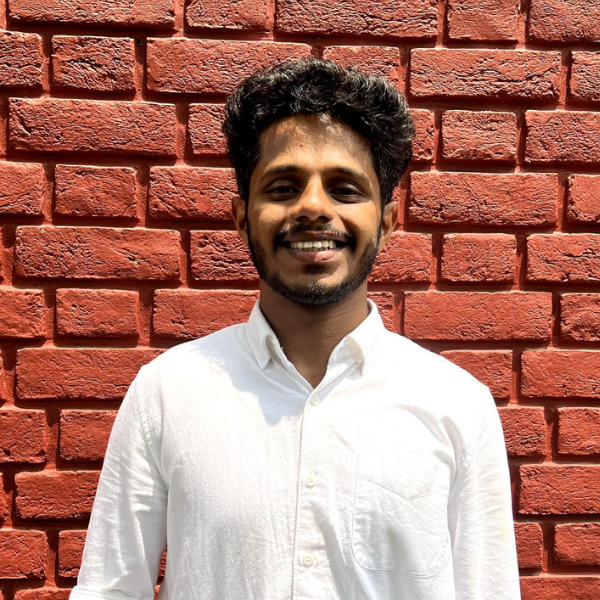
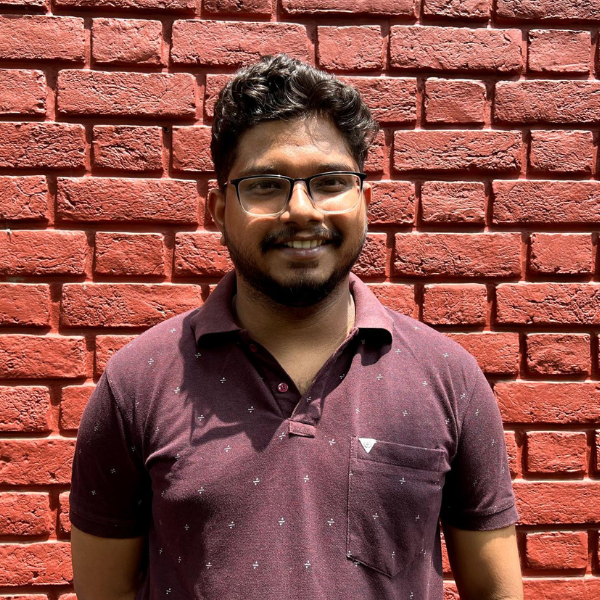
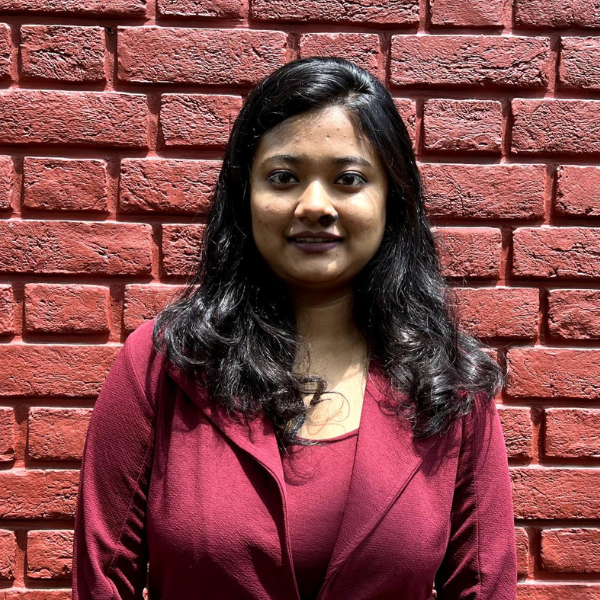
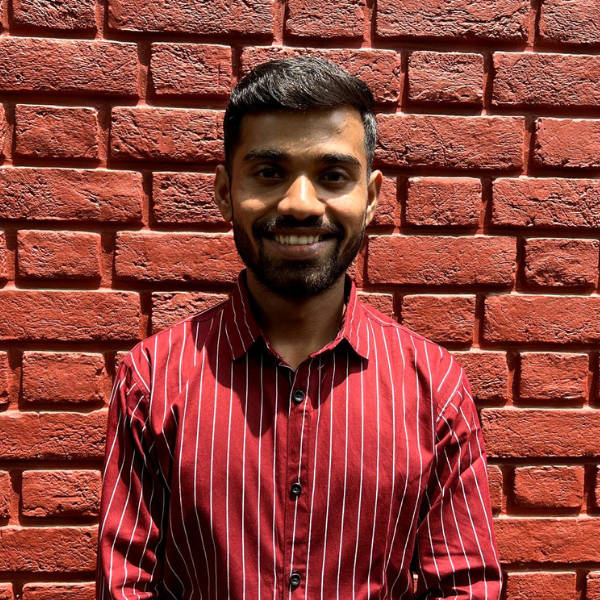
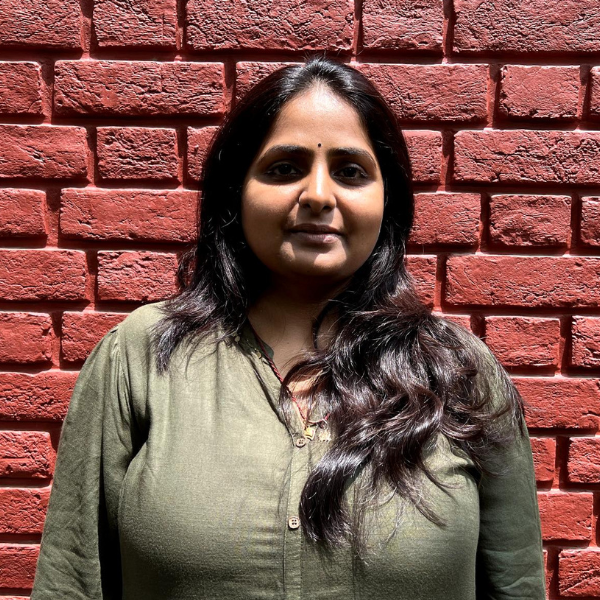
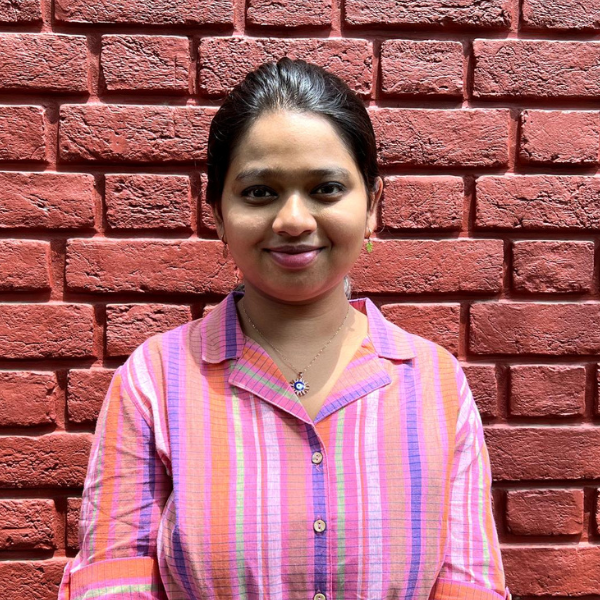
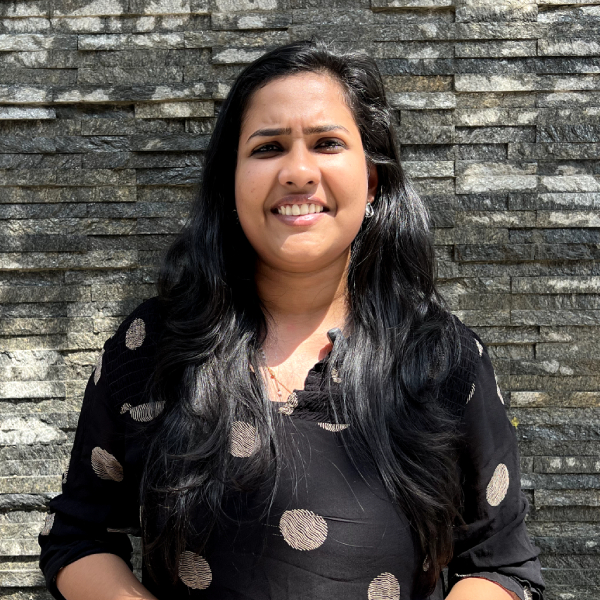
PPIA Praxis Founding Cohort 2023-2025
PPIA Praxis Programme provided me with an exceptional opportunity to work at the national level by placing me at the National Rural Livelihoods Mission (NRLM). I could witness firsthand how policies are formulated and implemented at a larger scale, offering invaluable insights into the intricacies of policy-making. What made PPIA stand out for me was the chance to learn from top-level bureaucrats, TRI colleagues, and my co-fellows at the same time. The mentorship and guidance provided throughout the program, especially from senior leadership at TRI who has extensive grassroots experience helps in my growth as a policy professional.
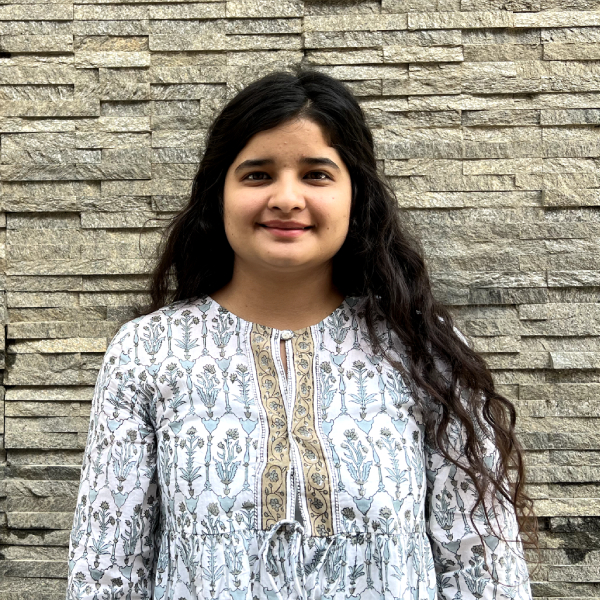
PPIA Praxis Founding Cohort 2023-2025
The academic component of the PPIA Praxis Programme has added significant value to the work I do by providing me with a strong theoretical foundation and practical tools for policy analysis and implementation. It has equipped me with the knowledge and skills necessary to navigate complex policy environments and effectively advocate for marginalized communities.
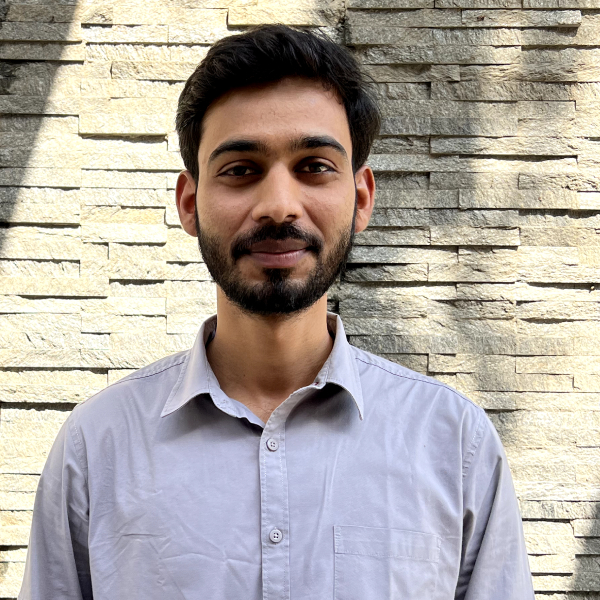
PPIA Praxis Founding Cohort 2023-2025
The PPIA Praxis Programme gives you the opportunity to work as a catalyst in the system. Here at my workplace in Ranchi, I find myself in the role of a smoothing agent. From the level of a computer operator to the top levels of DC and DDC, I have to work at each level to smooth the processes and grease the system so that things can proceed in the designated timeframe and intended direction.

Discover PPIA Praxis Residency Programme
At the core of the PPIA Practice lies the placement of learners within public administration, providing a unique leverage for learners to practice ‘Public Policy in Action’ in a live setting. This allows them to engage with the opportunities, complexities and vulnerabilities of the public system in real-time. Praxis Learners are currently placed in six states, supporting ongoing work and making real contributions to the projects assigned.

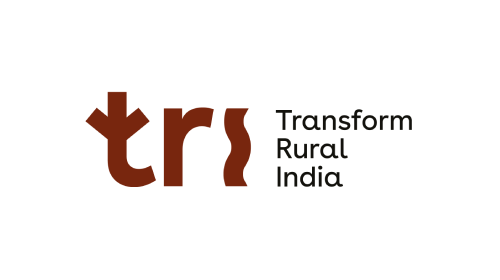
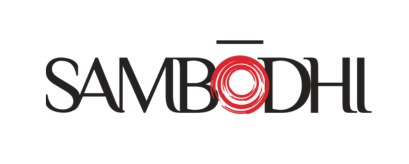


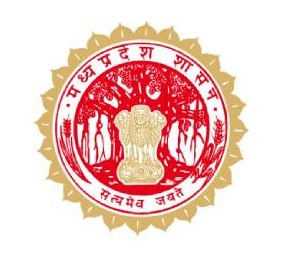

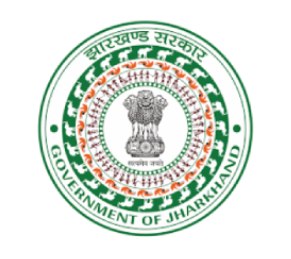
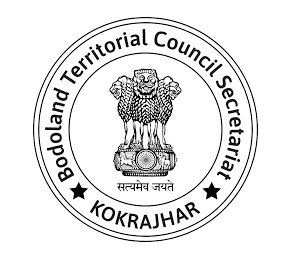
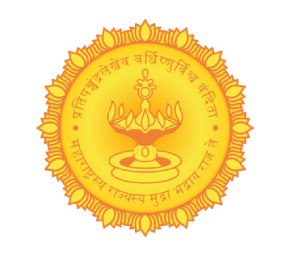
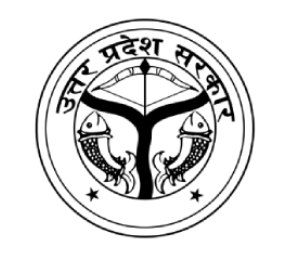
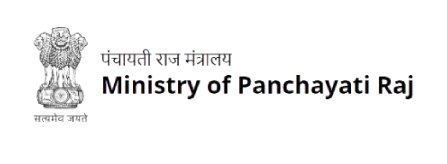
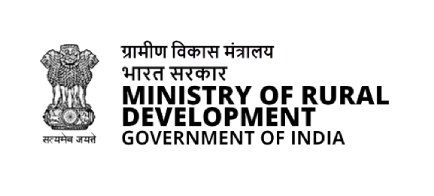
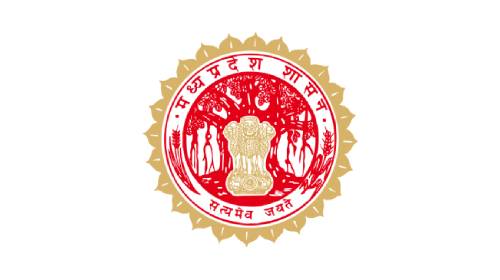
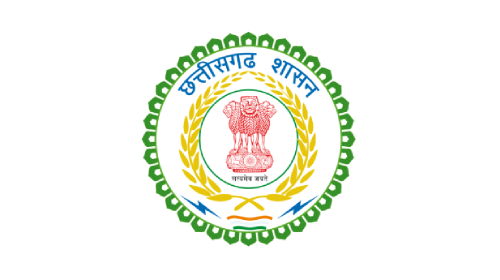
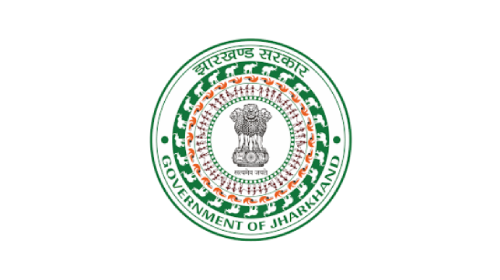
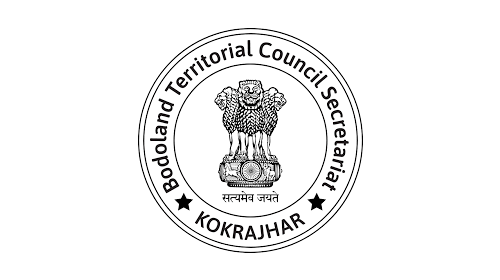
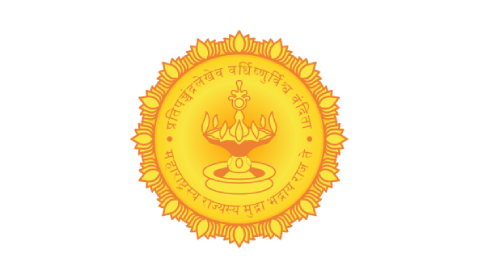
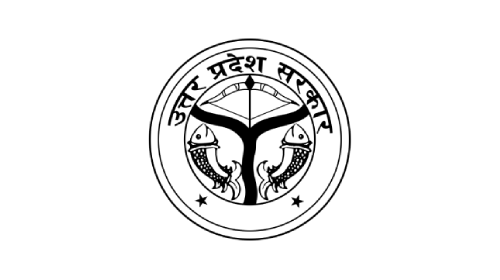
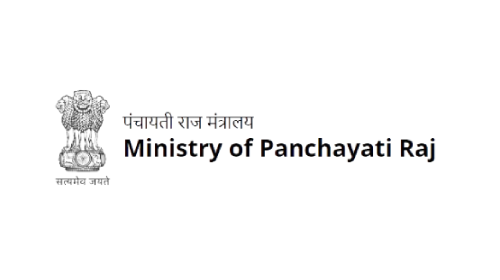
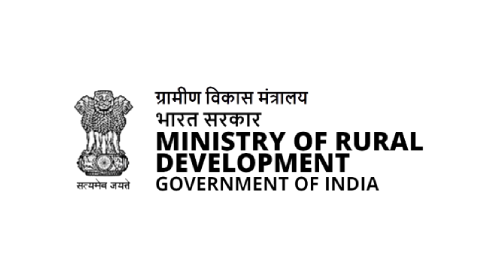
43, DDA Community Centre, Zamrudpur, Kailash Colony,
New Delhi 110048
